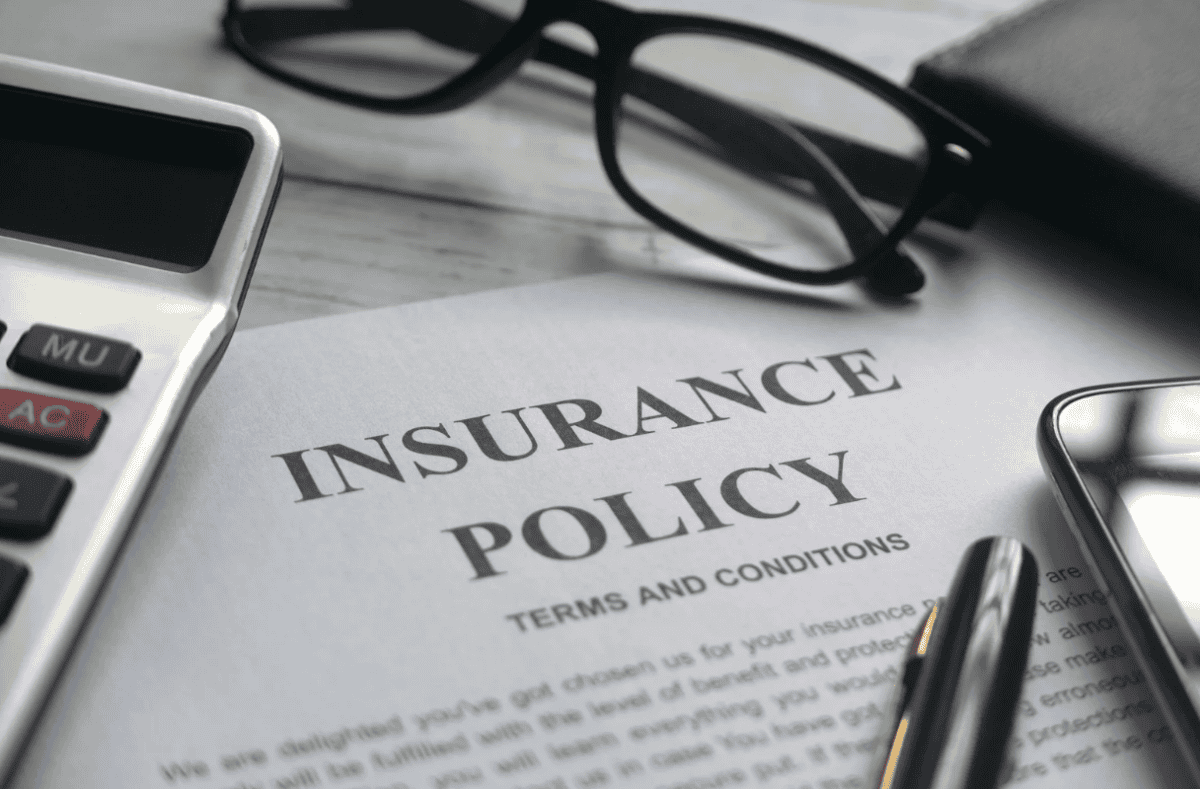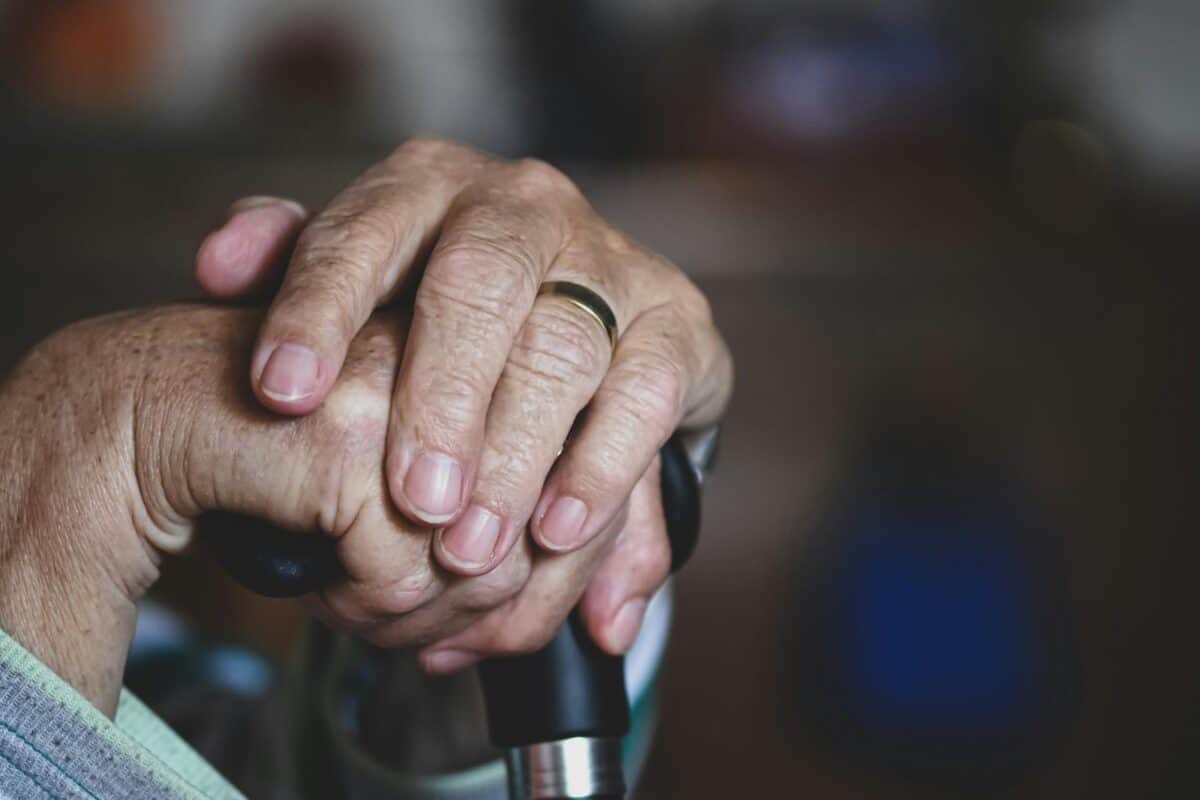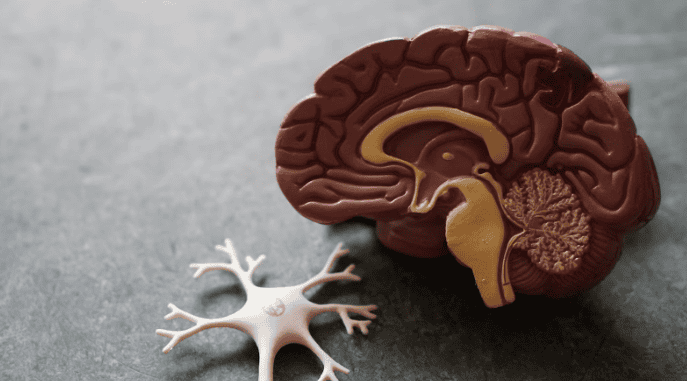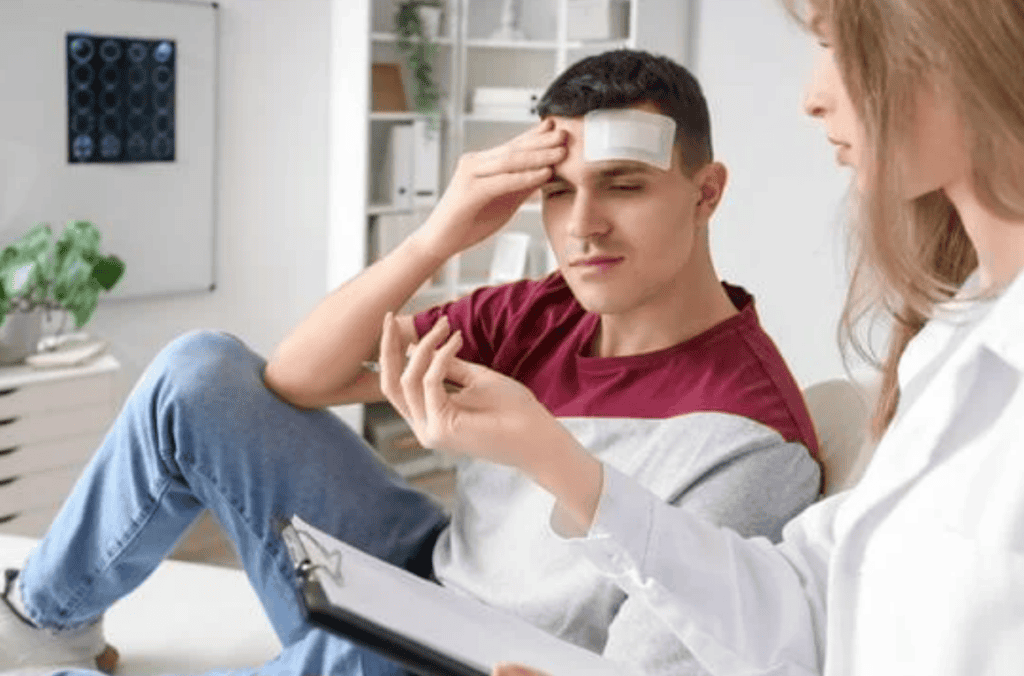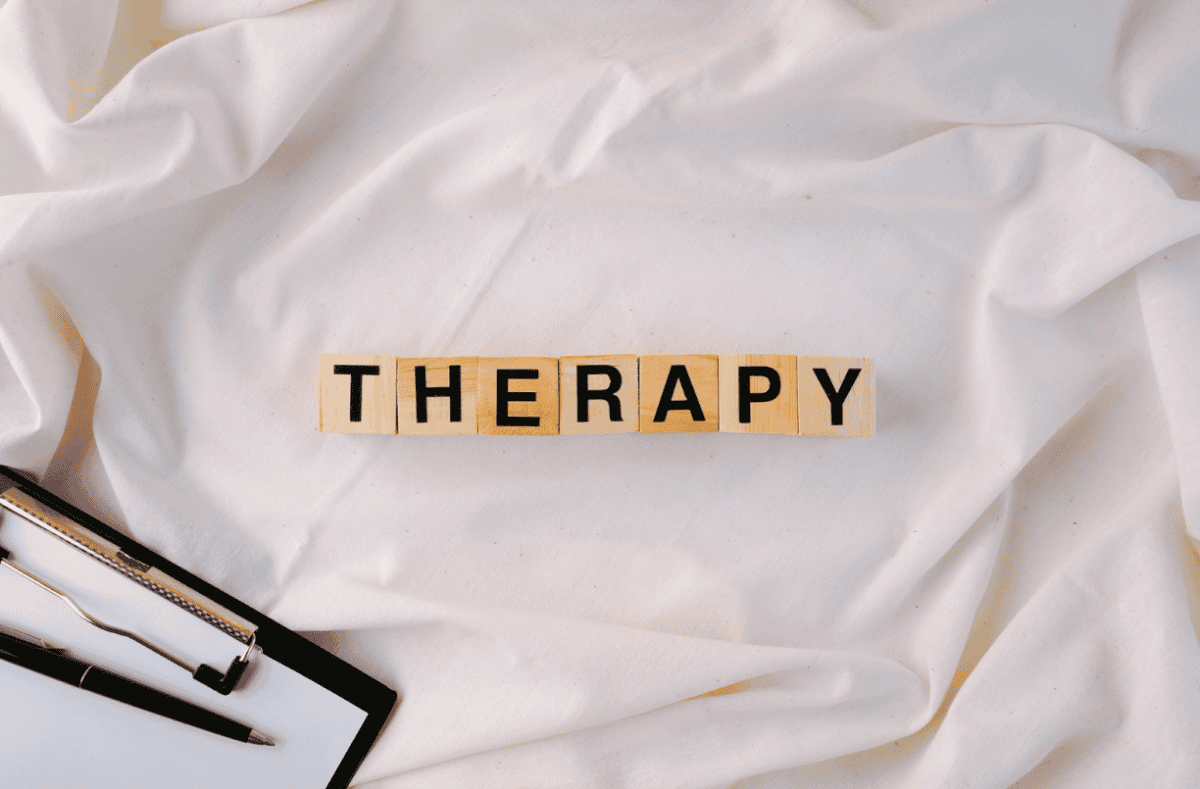Choosing the right health insurance plan is more crucial than ever as healthcare costs continue to rise at unprecedented rates. A carefully selected plan provides financial protection and essential peace of mind. The right coverage can prevent unexpected medical expenses from becoming significant economic burdens.
Whether opting into a comprehensive corporate plan offered by your employer or selecting an individual policy on your own, understanding what’s available in the market is a vital first step.
Websites like Insurance ‘n You offer insights into various health insurance options, helping guide these critical decisions to align with individual healthcare needs and financial situations.
Understanding Different Types of Health Insurance
Numerous health insurance plans are available, each designed to cater to different needs and preferences. The most common types include Health Maintenance Organizations (HMOs), Preferred Provider Organizations (PPOs), and Exclusive Provider Organizations (EPOs).
HMOs generally require members to choose a primary care physician and obtain referrals for specialist services, usually resulting in lower premiums and minimal out-of-pocket expenses.
Conversely, PPOs offer more flexibility in selecting healthcare providers and don’t require referrals, albeit typically at a higher premium and potentially higher out-of-pocket costs. EPOs are somewhat hybrid, with exclusive provider networks but fewer restrictions than HMOs.

Evaluating Your Healthcare Needs
Before committing to a health plan, one must thoroughly assess personal and familial healthcare requirements. This involves considering several factors, such as your age, the frequency of medical visits, and any existing medical conditions.
For example, a young, healthy individual might prioritize a lower premium with less comprehensive coverage, as they might not anticipate frequent healthcare usage.
In contrast, a family with children or individuals with chronic health conditions might prioritize plans that offer comprehensive benefits, more flexible networks, and low out-of-pocket costs for frequent doctor visits and treatments. This evaluation helps individuals recognize which benefits are critical in meeting their current and foreseeable health needs.
Comparing Insurance Costs and Benefits
When evaluating plans, it’s tempting to focus solely on monthly premium costs, overlooking other critical financial aspects. However, it’s equally essential to consider deductibles, co-pays, and out-of-pocket maximums. A lower premium might seem attractive upfront, but it could lead to unforeseen expenses if it has a high deductible or out-of-pocket maximum.
For instance, a small premium might result in higher costs when you need care, which could outweigh the initial savings. Understanding how these costs interact is crucial to avoiding unexpected financial strain and determining a plan’s price.
Insights on Coverage Limitations and Exclusions
When selecting a plan, it’s paramount to recognize coverage limitations and exclusions. Most insurance plans have specific exclusion clauses—these are services or treatments that the policy will not cover. Typical examples include specific therapies, elective procedures, or medications.
These exclusions can significantly impact your costs if unexpected treatments become necessary. Thus, it’s crucial to read the fine print before deciding on a plan to avoid unpleasant surprises and ensure that the policy aligns with potential health needs.
The Role of Network Providers in Your Choice
Your plan’s network of healthcare providers can significantly impact your healthcare choices and overall experience. When choosing a plan, ensuring that your preferred doctors and hospitals are included in the plan’s network is beneficial.
Going out-of-network may lead to higher costs or even complete denial of coverage, significantly affecting the affordability and accessibility of care. Therefore, understanding the network’s breadth and flexibility in choosing providers is vital, especially if you have established healthcare providers with whom you prefer to continue receiving care.
Utilizing Preventive Services and Wellness Programs
Many health insurance plans provide access to preventive services and wellness programs at no additional cost. These services can include vaccinations, screenings, and regular check-ups, which play a pivotal role in maintaining health and preventing more serious illnesses down the road.
Wellness programs might offer healthy living incentives, such as gym membership discounts or health coaching. Utilizing these programs can lead to long-term health improvements, potentially reducing the need for more extensive medical treatments and contributing to cost savings.
They are a beneficial aspect of many health plans that support immediate health concerns and promote overall well-being and financial savings in the long run. Regular participation in preventive services can help detect conditions like high blood pressure, diabetes, and certain cancers at an early, more manageable stage.
Some wellness programs also provide mental health resources, including stress management workshops and counseling services, to support overall emotional well-being.
Employers often partner with health plans to encourage participation in wellness initiatives, fostering a healthier and more productive workforce. Many insurers also offer digital health tools, such as mobile apps and virtual consultations, to make accessing these services more convenient. By taking full advantage of these offerings, individuals can proactively manage their health and reduce the likelihood of developing chronic conditions.

Choosing the Right Health Insurance Plan: Key Considerations
Making the final decision on a health insurance plan should be a well-considered process that balances cost with coverage needs. Consider how often you visit physicians, your family’s health history, and your financial situation.
Additionally, factor in potential life changes—such as starting a family or planning surgeries—that might affect future healthcare needs. Select a plan that aligns with your long-term health goals and financial capabilities, ensuring you are well-covered for all potential health scenarios.
Reviewing prescription drug coverage is also essential, especially if you require ongoing medications. Compare different plans, assessing their benefits, limitations, and additional perks like wellness programs or telemedicine services.
Lastly, reading customer reviews and seeking advice from insurance professionals can provide valuable insights into different providers’ reliability and customer service.
Choosing the right health insurance plan that aligns with your long-term health goals and financial capabilities, ensures you are well-covered for all potential health scenarios.


